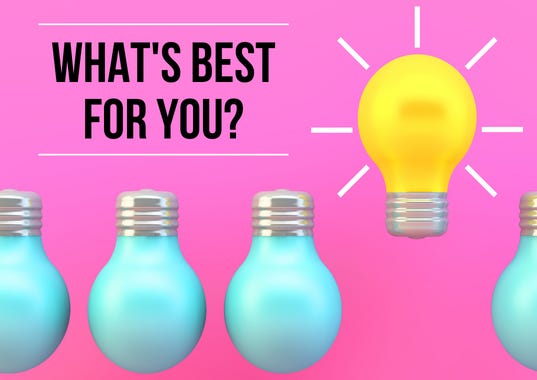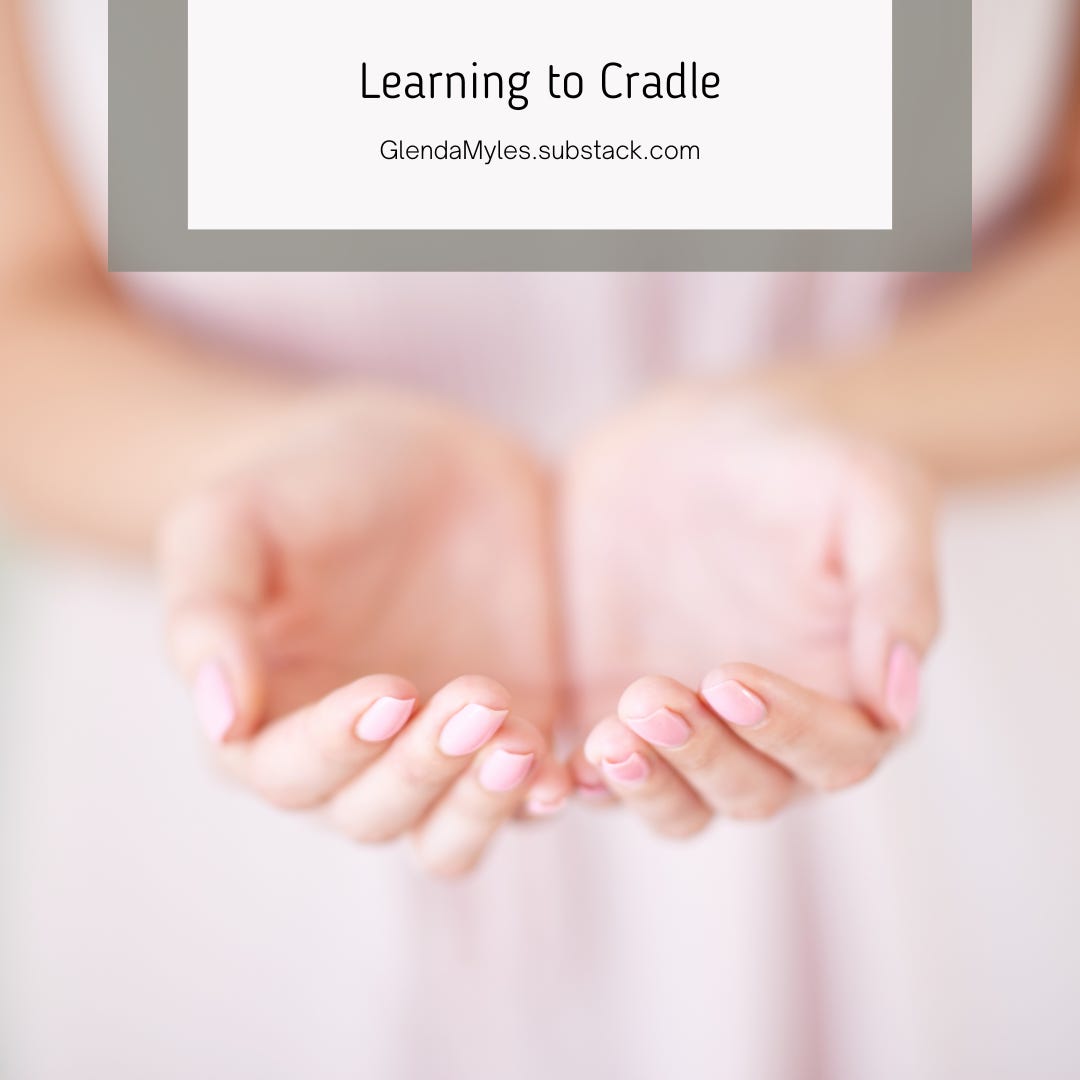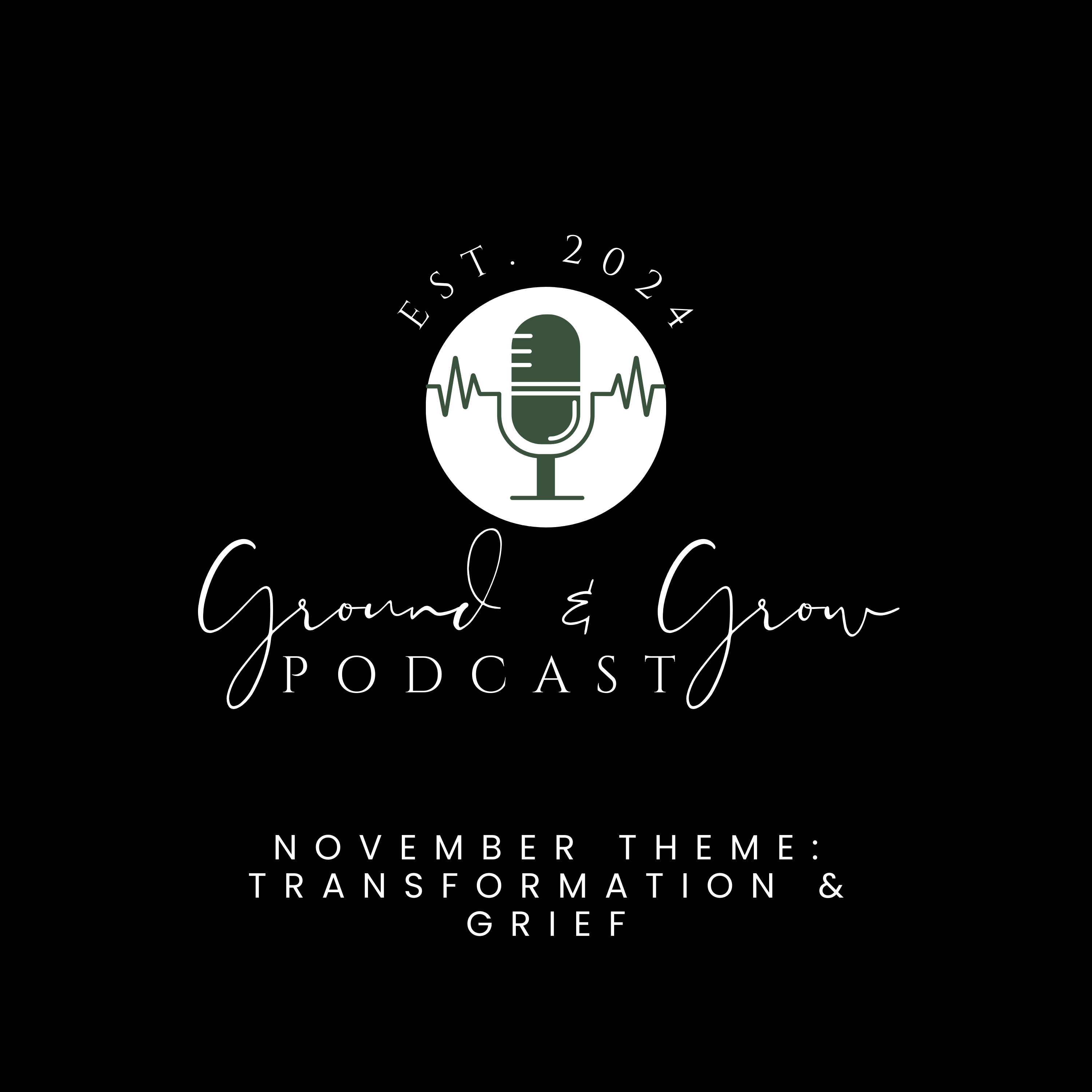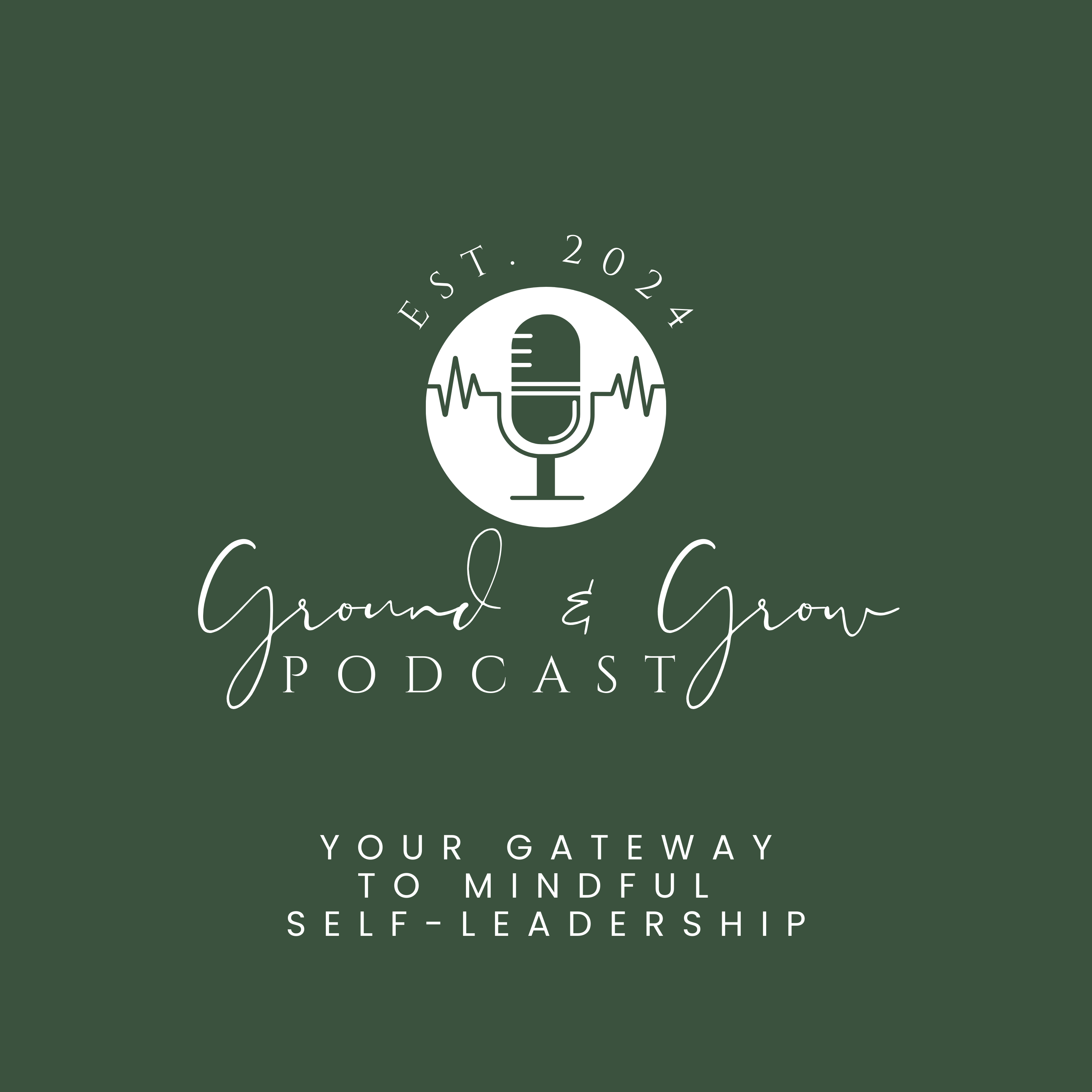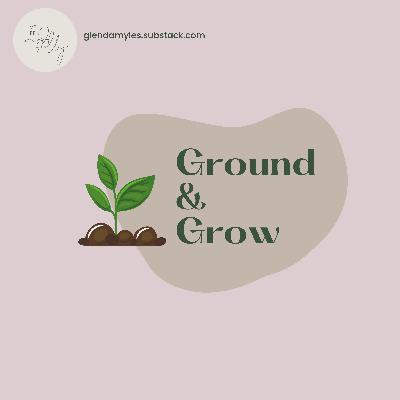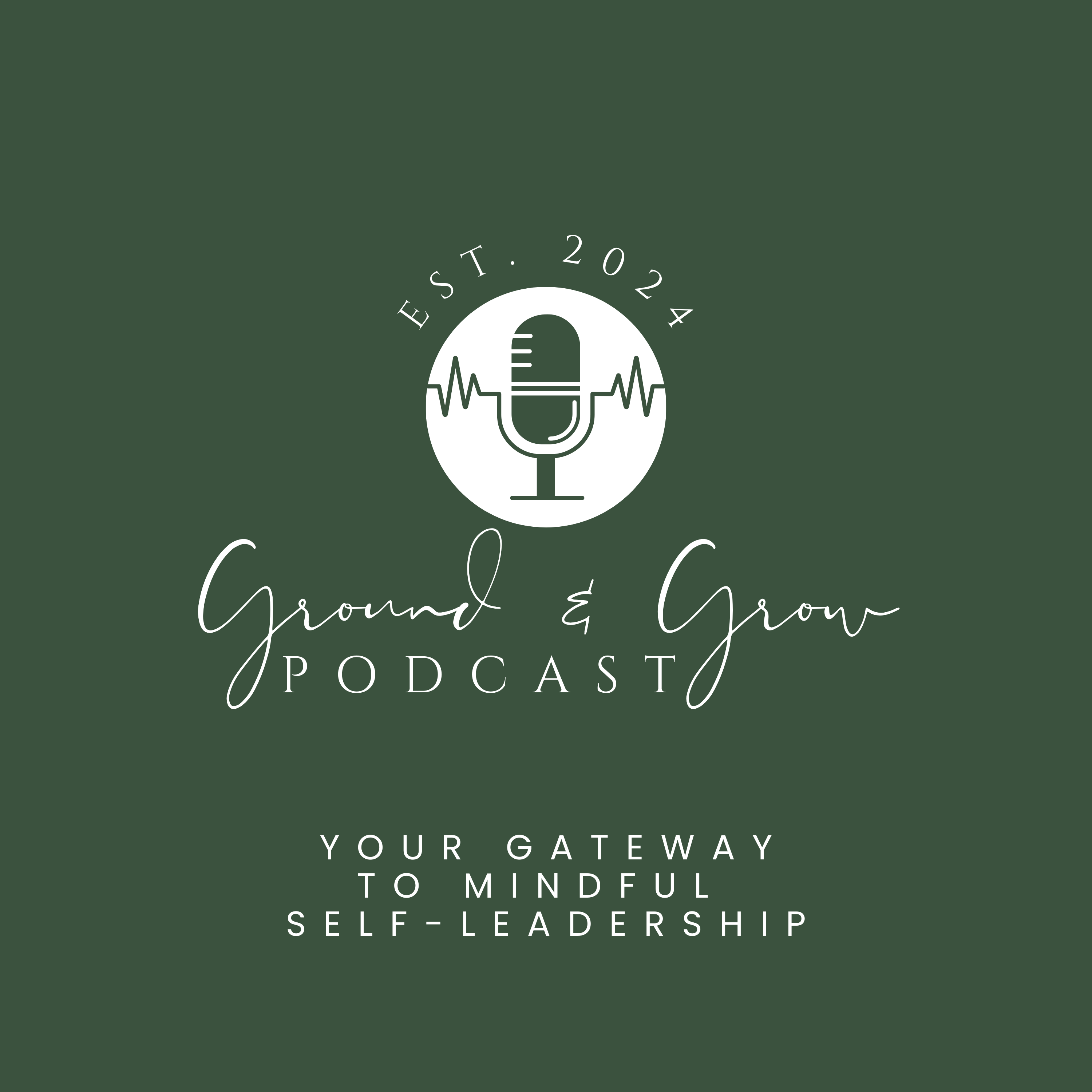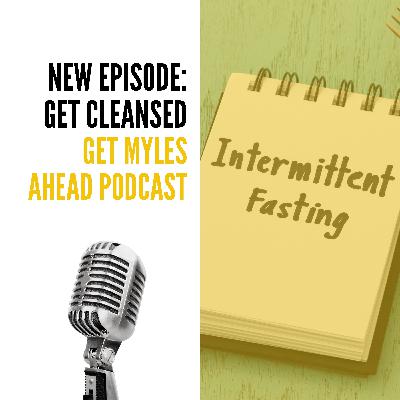What's Best for You?
Description
What’s Best for YOU?
This a question to ponder for a moment. Do you ask yourself this question when making a decision about what to do and how to spend your time? More likely than not, no. Maybe of course when we are making bigger decisions because we give conscious thought to it. But for most of our day, we are on autopilot!
And if we do ask the questions, we think we KNOW the answer but don’t often practice it in our daily lives. If we did, we wouldn’t probably feel the way many of us do with rising issues of metabolic syndrome, mental health issues, and burnout.
In a LIVE last night, I dove into this question and asked a few more to ponder. In the session, we end with a Loving Kindness Meditation (audio meditation).
Optimizing our Lives
In an effort to connect to, and cultivate a deep relationship with, our Inner Best Self or Inner Eudaimon, it’s important to consider the difference between optimal vs perfect. Often we assume we are striving for what’s best, hidden behind a cloak of perfectionism. This drive is not coming from our best Self but is a part created to protect parts of us. Perfectionism can be depilating and actually stops us from living our life fully.
As Carl Rogers pointed out, “The good life is a process, not a state of being. It is a direction, not a destination.” And it requires a map that guides us in that direction. Unfortunately for many our map or guiding system has been programmed to include limiting beliefs that move us in the wrong direction. (more on that topic next week!)
Perfectionism vs Optimalism
In his book, Happier, Tal Ben-Shahar says, “the optimalism ideal is not a distant shore to be reached but a distant star that guides us and can never be reached.” That can be discouraging to some people because we want to arrive and be able to state “I won” at life. But the very idea may miss the point of life itself - the journey not the destination as the cliche reminds us.
He goes on to describe: “… psychologists today differentiate between positive perfectionism, which is adaptive and healthy, and negative perfectionism, which is maladaptive and neurotic. I regard these two types of perfectionism as so dramatically different in both their underlying nature and their ramifications that I prefer to use entirely different terms to refer to them.”
Perfectionism - REJECTS the constraints of reality
Optimalism - EMBRACES the constraints of reality
“Optimalists tend to be benefit finders—the sort of people who find the silver lining in the dark cloud, who make lemonade out of lemons, who look on the bright side of life, and who do not fault writers for using too many cliches. With a knack for turning setbacks into opportunities, the Optimalist goes through life with an overall sense of optimism.
Paradoxically, our overall self-confidence and our belief in our own ability to deal with setbacks may be reinforced when we fail, because we realize that the beast we had always feared—is not as terrifying as we thought it was.
Tal Ben-Shahar
Perfectionists on the other hand reject the constraints of reality which can look like many different things. People assume that the product in the end isn’t restrained by the resources available: that they SHOULD be able to do something regardless of the resources available. Perfectionists see WHAT they want, but ignore/rejects the HOW to get it as an important component of the process. Perfectionists believe that THEY should be able to do it even if they don’t think the same for others. Somehow the rules that apply to them are different.
The underlying drivers of optimizing vs perfecting is very different. In perfectionism, it is an aim to be loved and accepted by others, seeking external validation, because often we don’t feel good enough.
On the other hand optimizing assumes that we are worthy and that we are living from our Best Self in an authentic manner. It assumes that there are restraints on what we can achieve on any day (given the resources) but that we continue on our journey - learning and growing, failing and adjusting - and thereby succeeding in living our purpose in this life.
Thanks for reading. Subscribe for free to receive new posts and support my work.
Maslow and Self-Actualization
“Anybody under any circumstance whatsoever can be a psychological success—at least in doing the best that one can and doing fully what one can—to be himself or herself and to accept the reality of himself or herself.” Maslow, Future Visions
Carl Rogers actually states that the reason why psychotherapy works and helps people is our inner desire and “man's tendency to actualize himself, to become his potentialities ... to express and activate all the capacities of the organism."
We have an innate drive to self-actualize, to move toward our full potential. When we aren’t living to our potential, we CAN and often do feel frustrated, discontent, depressed, and generally unhappy. We may look to the things around us and blame our jobs, our relationships, etc. when truly what is causing much of our discontent is our own lack of effort to live from our Eudaimon and fulfil our purpose (dharma).
Fear can be another force moving against us as we allow the fears to not be information or signals, but to assume the truth in it and allow it to stop us in our tracks. We fear the unknown (instead of seeing the possibility), we fear discomfort (and confuse it with pain), and we fear change (because we want to control the narrative) - and all these things are aspects we encounter on our journey. It is the nature of life to change, any step forward into future space is unknown, but we don’t deal with the future we live in NOW.
“Courage dear heart.” C.S. Lewis
For many people, it begins with accepting life as it is at this moment.
We can’t blow it all up (okay so you can and people do, but you don’t have to!). We are constrained by all of our choices to this date (e.g. job, relationship, kids, house, etc). But even with these circumstances, we can begin to move on our journey to self-actualization and optimize our health, wellness, and mindset. Hope is knowing that when we walk this path our future will be better.
All movement towards (journey) allows us to feel differently about our lives. It is about each small step that makes up our journey.
* Each time we connect to our Inner Best Self, daimon, and cultivate a relationship with this part of Self.
* Each time we mindfully approach a part of our life with compassion and care
* Each time we ask ourselves ‘what’s best for me today?’ and take action based on the answer.
* Each time we seek to use our gifts, talents and strengths
* Each time we seek to support or help another person (pro-social behaviours)
* Each time we show up (don’t give up)
* Each time we find the courage to move past our fear and tolerate the discomfort of change.
These small steps move us toward our potential, toward optimizing our lives.
What small step can you make today? How about taking a few minutes and connecting with your Inner Daimon?
**
Join us on March 16th at our next LIVE where we dive into Ground Yourself: Transform Your Beliefs to Serve You. On March 17th we will be releasing a new Workshop and e-Book on Overcoming Limiting Beliefs.
**
Disclaimer: Some of the links may include affiliate links. So if you purchase we may receive a small commission. We only promote things we use and approve.
If you found this helpful, please hit the like button & consider subscribing. You’ll get the weekly issue & our podcast sent to your inbox.
This is a public episode. If you would like to discuss this with other subscribers or get access to bonus episodes, visit glendamyles.substack.com

